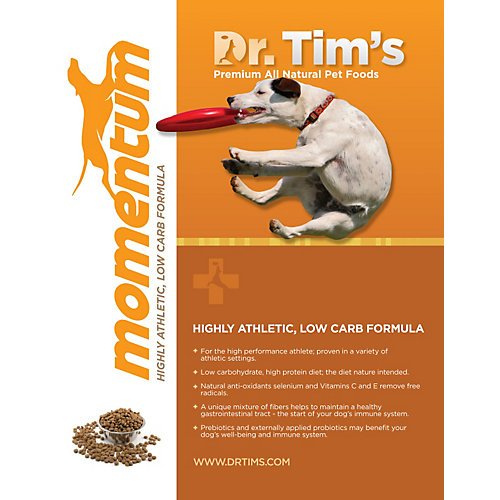Canine distemper is so well-spread and the symptoms so varying that if your pet displays any signs such as those mentioned above, a visit to a veterinarian for a diagnosis should be made promptly.
Similar to some viral diseases, surviving an infection usually develops the sufficient immunity needed to protect the dog from distemper infection for the rest of their lives. However, lots of dogs (especially pups) do not survive infection.
Vaccination is still the safest and surest protection. And until scientists develop a distemper vaccine that guarantees life-long immunity with a single series of inoculations, veterinarians recommend vaccinations for your dog every year.
Puppies who have been born to dogs that have survived the disease acquire a certain amount of natural immunity from the colostral milk produced by their mother during the first few days after birth. The amount of immunity a puppy acquires differs with the amount of antibodies its mother has. Nevertheless, it is never complete and will diminish quickly to about half by 8 days old and then nearly three-fourths by 2 weeks' time.
It is impossible for a pet owner to know when his pet should be vaccinated since the proper time for vaccination varies from one animal to the other. The veterinarian can determine the most proper time to begin vaccination basing this decision upon his experience and your dog's general health.
To maintain and assure this general good health and condition, regular care and close observation of hints of ill health are required. Experts suggest consulting immediately with your veterinarian if your pet shows signs of: Abnormal eye and/or nose discharge Loss of appetite Fluctuating weight losses and gains Excessive water consumption Abnormal and uncontrolled stool production Abnormal viciousness or lethargy Abnormal limping Difficulty getting up or lying down Constant head shaking, scratching, licking or biting of body Loss of hair, open sores, ragged or dull coat Foul breath Excessive tarter deposits on teeth
It is possible that even with these symptoms, CDV infection may not be the case. But it is still better to be sure to bring these concerns to an expert so that the problem can be addressed right away.Even with a disease this serious, you can turn the tide of canine distemper to your pet's favor with prudence for your pet's health, taking the correct actions to symptoms observed and being in constant consultation with your vet.
How and what we feed our dog has a big effect on our pet's health and over-all behavior. There are so many commercially available dog foods to choose from that making the right decision can be somewhat impossible. But let's tackle the problem nonetheless.
For a change, look beyond the labels and advertisements and look into what exactly your dog food contains. What follows is a partial list to help you find out if your dog is getting what he needs in the right amounts.

 Natures Variety Instinct Raw Dog Food: Best Choice for Your Treasured Pet
Instinct Raw Dog FoodOne of
Natures Variety Instinct Raw Dog Food: Best Choice for Your Treasured Pet
Instinct Raw Dog FoodOne of
 Interview With A Professional Dog Groomer
Interview With A Professional Dog Groomer
The Dog Gu
Interview With A Professional Dog Groomer
Interview With A Professional Dog Groomer
The Dog Gu
 Should You Feed Your Dog Low
The trend to remove fat from
Should You Feed Your Dog Low
The trend to remove fat from
 Caring For Your Golden Doodle
Owning a puppy or a dog can
Caring For Your Golden Doodle
Owning a puppy or a dog can
 Older Dog Care
How to Take Care of an Old D
Older Dog Care
How to Take Care of an Old D